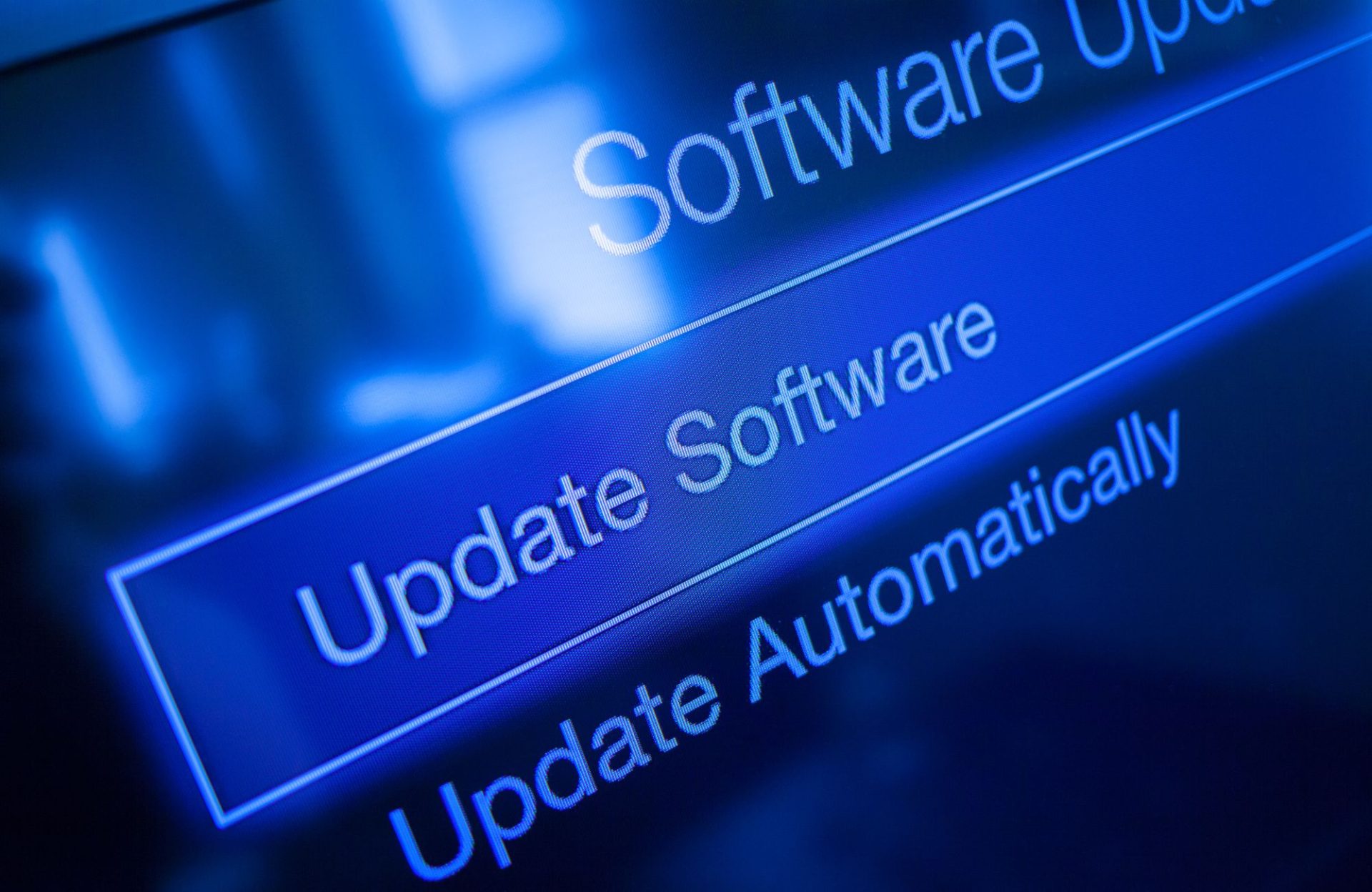Electrical power—where would we be without it? It is incorporated into every level of our lives and we scarcely know what to do without it. No matter how small or large the consumer is, the cost of electrical power impacts the budget, and efforts to reduce the cost are made by all. Who hasn’t heard a parent or been a parent calling out, “Turn out the light when you leave the room!” or “Close the door, you’re letting the air conditioning out”? As the person in charge of the budget, the parent is monitoring power usage by simple observation. In larger facilities, observation may not be very effective and a better monitoring system is required.
Who Needs An Electrical Power Monitoring System (EPMS)?
Any consumer of electricity would benefit from an EPMS. Industrial, commercial and governmental consumers who have more complex loads and rate structures than a residential homeowner would not be able to track their energy consumption by observation alone.
Industries that require reliable power such as food, pharmaceutical or other facilities where energy fluctuation would cause loss of product or damage to equipment can benefit from an EPMS to stay in front of anomalies and equipment failure.
Essentially any business that wants to reduce its energy consumption or improve its resiliency should install an EPMS. A system that can track energy consumption and estimate future consumption would assist the team in making data-driven decisions with more predictable outcomes.
What Is An EPMS?
In the example above, the parent is the EPMS for the household. The parent views the electric bill, observes usage patterns and implements controls to reduce the energy usage of the home. An EPMS does essentially the same thing by collecting energy consumption data and displaying it in a comprehensible way. There are three components to an EPMS: a metering device that is installed in strategic positions to collect the data, comprehensive software to analyze the data and provide detailed summaries and the communications interface between the software and the metering device.
The market has a multitude of metering devices that can be selected based on the specific, unique needs of a facility. The application capabilities and compatibility of the meter needs to be taken into consideration. Costs range from low-end, simple devices that supply basic measurements to high-end devices that offer a variety of features and can perform sophisticated tasks.
Software to monitor the data should be evaluated for compatibility with the selected devices and existing company infrastructure. The energy management software can be configured to simply display data from low-end meter devices or aggregate data and display a more comprehensive report from multiple devices. Alarm data and alerts can be configured to integrate with company processes and procedures.
Why Partner with Albireo to Get the Most From an EPMS?
The commercial sector is recognizing that energy usage management is paramount to success in the market and essential for governmental compliance. Manufacturing facilities are responsible for consuming nearly $200 billion a year in electricity and waste about 30% of that energy. An effective EPMS is the best way to get on the road to fixing energy waste in a facility.
If an organization does not have an energy expert on staff, the time and effort required to research and educate an internal team on the myriad of devices and software that are available would be discouraging. And to attempt to select equipment without research could be detrimental if the equipment selected is not user-friendly or compatible with existing infrastructure. Albireo Energy’s EPMS team has the depth of experience and industry knowledge to assist C-teams with developing a successful energy saving plan. The Albireo team consists of some of the top experts in the energy field with decades of experience. Albireo can make installing or improving an EPMS simple, exciting and effective.






